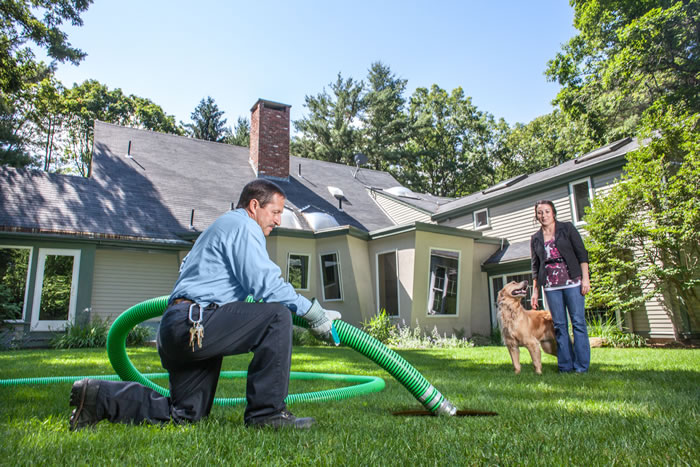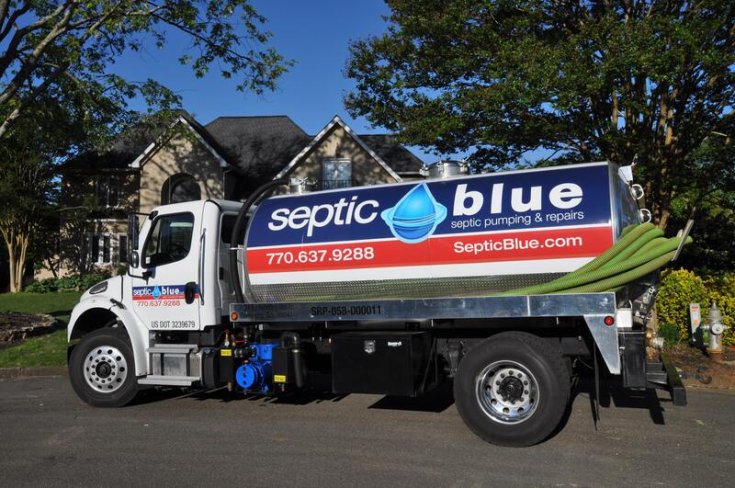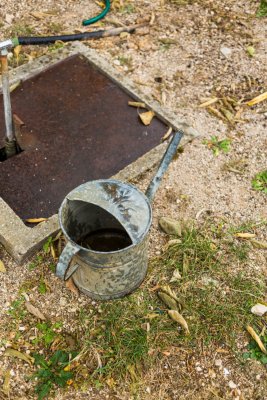Menu
- Home
- About
- Septic Services
- Blog
- Reviews
- Coupons
- Locations
- Service Areas
- Alpharetta, GA
- Ashland, GA
- Athens, GA
- Atlanta, GA
- Austell, GA
- Ball Ground, GA
- Bogart, GA
- Canton, GA
- Covington, GA
- Cumming, GA
- Dacula, GA
- Duluth, GA
- Dunwoody, GA
- Eastville, GA
- Fayetteville, GA
- Griffin, GA
- Hampton, GA
- Hickory Flat, GA
- Holly Springs, GA
- Jasper, GA
- Kennesaw, GA
- Lawrenceville, GA
- Lilburn, GA
- Lithia Springs, GA
- Locust Grove, GA
- Loganville, GA
- Mableton, GA
- Macedonia, GA
- Madison, GA
- Marble Hill, GA
- Marietta, GA
- McDonough, GA
- Milton, GA
- Monroe, GA
- Newnan, GA
- Norcross, GA
- Peachtree City, GA
- Peachtree Corners, GA
- Powder Springs, GA
- Riverdale, GA
- Roswell, GA
- Rutledge, GA
- Sandy Plains, GA
- Sandy Springs, GA
- Snellville, GA
- Statham, GA
- Stockbridge, GA
- Sugar Hill, GA
- Suwanee, GA
- Tata, GA
- Winder, GA
- Woodstock, GA
- How it Works
- FAQs
- Contact
WE NOT ONLY PUMP YOUR TANK - WE CLEAN IT!
Free Septic System Inspection ($99 Value)
Free enzyme treatment, Financing Available
- Home
- About
- Septic Services
- Blog
- Reviews
- Coupons
- Locations
- Service Areas
- Alpharetta, GA
- Ashland, GA
- Athens, GA
- Atlanta, GA
- Austell, GA
- Ball Ground, GA
- Bogart, GA
- Canton, GA
- Covington, GA
- Cumming, GA
- Dacula, GA
- Duluth, GA
- Dunwoody, GA
- Eastville, GA
- Fayetteville, GA
- Griffin, GA
- Hampton, GA
- Hickory Flat, GA
- Holly Springs, GA
- Jasper, GA
- Kennesaw, GA
- Lawrenceville, GA
- Lilburn, GA
- Lithia Springs, GA
- Locust Grove, GA
- Loganville, GA
- Mableton, GA
- Macedonia, GA
- Madison, GA
- Marble Hill, GA
- Marietta, GA
- McDonough, GA
- Milton, GA
- Monroe, GA
- Newnan, GA
- Norcross, GA
- Peachtree City, GA
- Peachtree Corners, GA
- Powder Springs, GA
- Riverdale, GA
- Roswell, GA
- Rutledge, GA
- Sandy Plains, GA
- Sandy Springs, GA
- Snellville, GA
- Statham, GA
- Stockbridge, GA
- Sugar Hill, GA
- Suwanee, GA
- Tata, GA
- Winder, GA
- Woodstock, GA
- How it Works
- FAQs
- Contact








